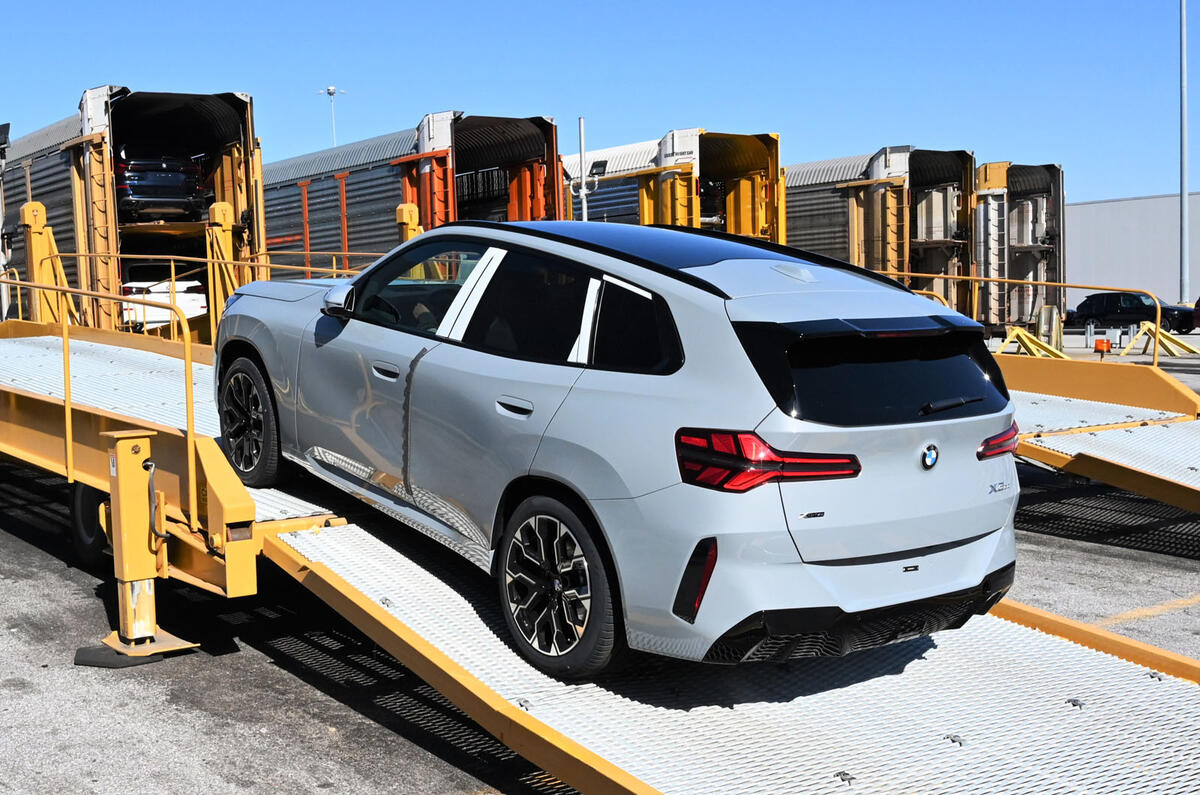Car makers in the UK and Europe are bracing for what for many will be the biggest financial shock since Covid when the newly announced 25% tariff on cars imported into the US are applied on 2 April.
The tariffs apply to all cars and light commercials imported into the US that aren't covered by the Mexico-US-Canada automotive tariff agreement, significantly raising the cost of doing business in the US.




Add your comment